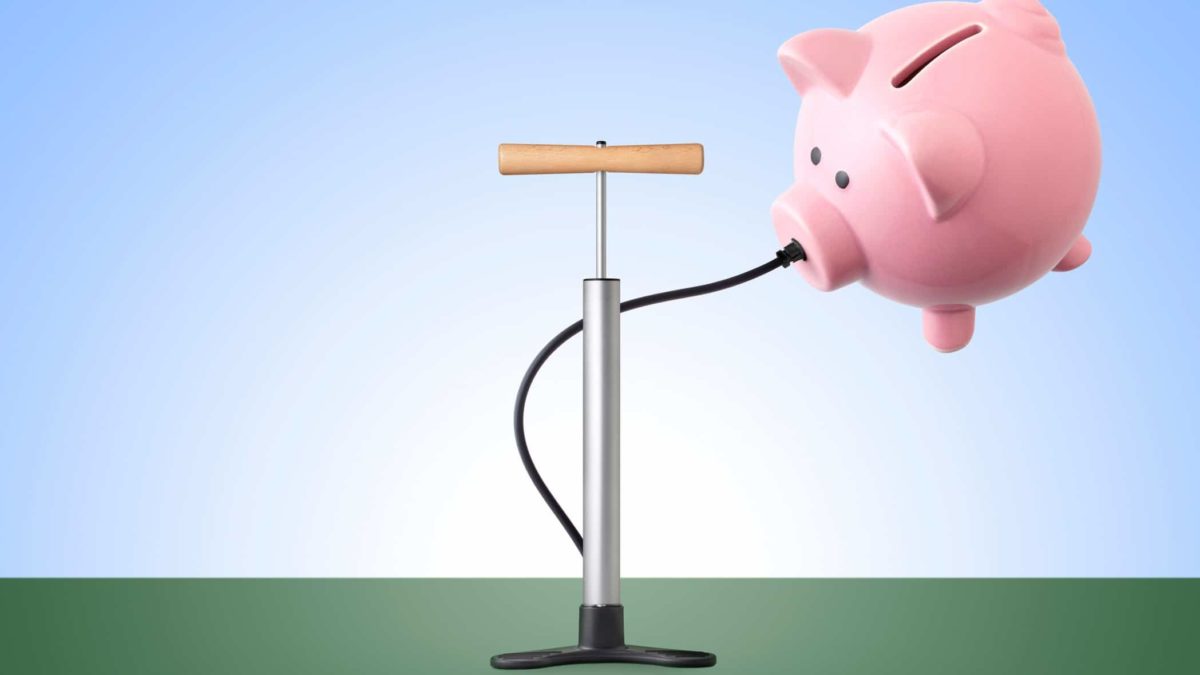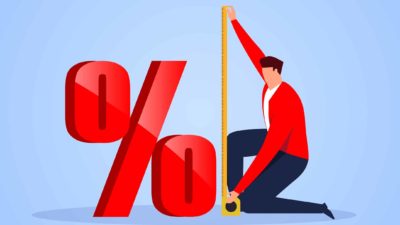Steen Jakobsen, chief economist at online trading and investment specialist Saxo Bank, sounded a warning bell for ASX investors this afternoon.
Writing in Saxo's Q2 2021 Quarterly Outlook for global share markets (released late this afternoon), Jakobsen said:
[T]he gargantuan current effort by policymakers to simultaneously solve the three major generational challenges: inequality, the green transformation and infrastructure, will come at a high price in the shape of inflation, a higher marginal cost of capital, and the realisation that they need to be prioritised separately.
'Violent switch' means bye-bye balanced budgets
Now all 3 of these generational challenges existed before COVID-19 swept across the planet. But according to Jakobsen, since the onset of the pandemic, governments around the world have essentially recognised that "we have transitioned to an era of fiscal stimulus forever. This sits in diametric opposition to the 'frugal 2010s'."
Earlier in this century, and in the latter years of the 20th century, policymakers largely turned to monetary policy and the banking system to spur economies back into growth. But Jakobsen says the days of relying on credit creation and focusing simply on financial stability are a thing of the past.
Monetary heroin has nearly killed the real economy patient while making financial assets as high as a kite. After years of neglect, the real economy now needs a proper dose of steroids.
This means we are undergoing a violent switch in focus by policymakers away from financial stability and toward social stability.
While the issue of social stability – or instability, if you prefer – has been simmering in Australia as well, you need only look at the recent riots in the United States to see just how far down the track inequality has gotten in the world's biggest economy.
Indeed, as Jakobsen points out, government actions in every recovery since the 1980s have enriched the wealthiest citizens while leaving the lower earners behind.
As government policies going forward will now attempt to see most of the stimulus reach the lower half of the economic pyramid, Jakobsen writes, "This has enormous consequences for society and for markets."
He continues:
We can call it the Social Stability Paradigm: the model for saving democracy… Simply put, the new mantra is to print and spend as much money as possible while rates and inflation are low. It seems so easy at first, but we need to make sure to reflect on the consequences of this new policy, particularly the unintended ones, like galloping inflationary risks.
From Nixon to Volcker to… ?
I was a young boy when inflation ran rampant in the US (and in Australia) in the 1970s. But I well recall the fast-rising prices my parents faced for everything from cars and petrol to groceries and rent.
When US President Richard Nixon officially took the US dollar off the gold peg in 1971, it opened the inflationary door wide. As Jakobsen notes, global fiat money became "dominated by the US dollar, which was overvalued".
Only when US Fed chair Paul Volcker ratcheted up official interest rates to 20% (yes, 20%!) did inflation finally subside in the early 1980s.
But Volcker could never get away with this today. Jakobsen says:
Today, there is no such central bank alive who is willing to do that, as it would instantly trigger an enormous reset of asset prices and the real economy, which can only survive at its current level on zero or near-zero rates.
So the market will have to do it for them instead. That's our main message for investors: you are living in a different world now relative to anything you have known in your lifetime.
Over the past years, and most notably since central banks worldwide cut real interest rates to near or below zero, asset prices have rocketed.
But those days are coming to an end.
Asset inflation will no longer be the name of the game from here, simply because at present, everything that has a cash flow or even the distant promise of delivering one (think no revenue tech start-ups, etc.) is priced to infinite value because of a zero denominator.
As governments turn their stimulus cash flow towards lower income earners, Jakobsen says we can expect higher wage inflation and lower equity returns.
So which assets are likely to outperform?
According to Jakobsen, "Tangible assets will outperform non-tangible ones, and assets with positive convexity will win – those assets that benefit from rising yields and a global demand in resources…"
He says expects excess demand from governments into basic resources to continue, alongside rising supply constraints. That should offer some more tailwinds ahead for ASX resource shares.
As for the unintended consequences?
We are into the epilogue of this failed model of pretend and extend, and to make sure we go out with a bang the governments have fired up the engines of helicopter money while fooling themselves into thinking there won't be any unintended consequences.









